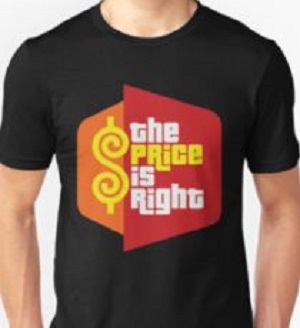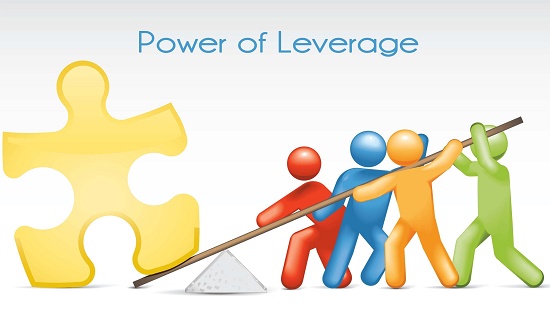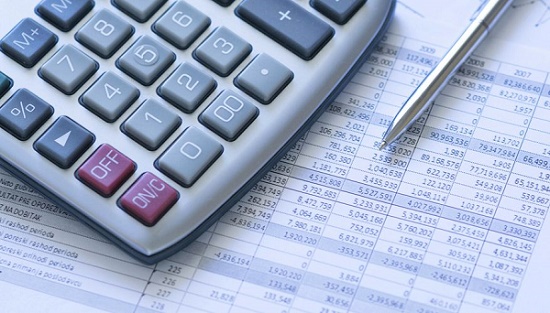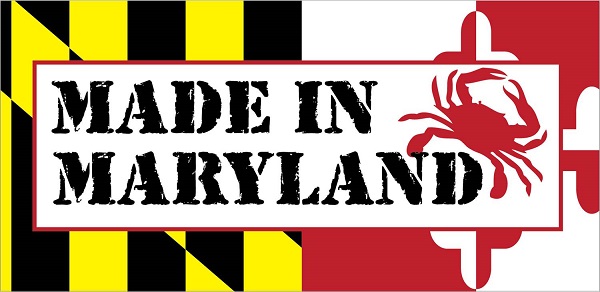What are private money lenders and how are they different from banks and credit unions? Today, we examine the basics of private money rehab loans and how they can help you compete with cash buyers, lower your cost of funds and leverage your existing capital to take your business to the next level.
Private rehab loans are very different from traditional mortgage programs offered by banks and credit unions. When you purchase a home to live in, you’re applying for mortgage products specifically designed for consumers. As such, they are strictly regulated. Lenders have strict rules and requirements when it comes to origination, underwriting, servicing such loans. In addition, to free up the capital most lenders sell off the originated loans to larger institutions such as Fannie Mae or Freddie Mac. That means that those consumer loans need to comply with the underwriting criteria of those institutions as well. All these factors limit how bank view risk and what kind of loans they can offer to consumers.
 New Funding Resources
New Funding Resources 









